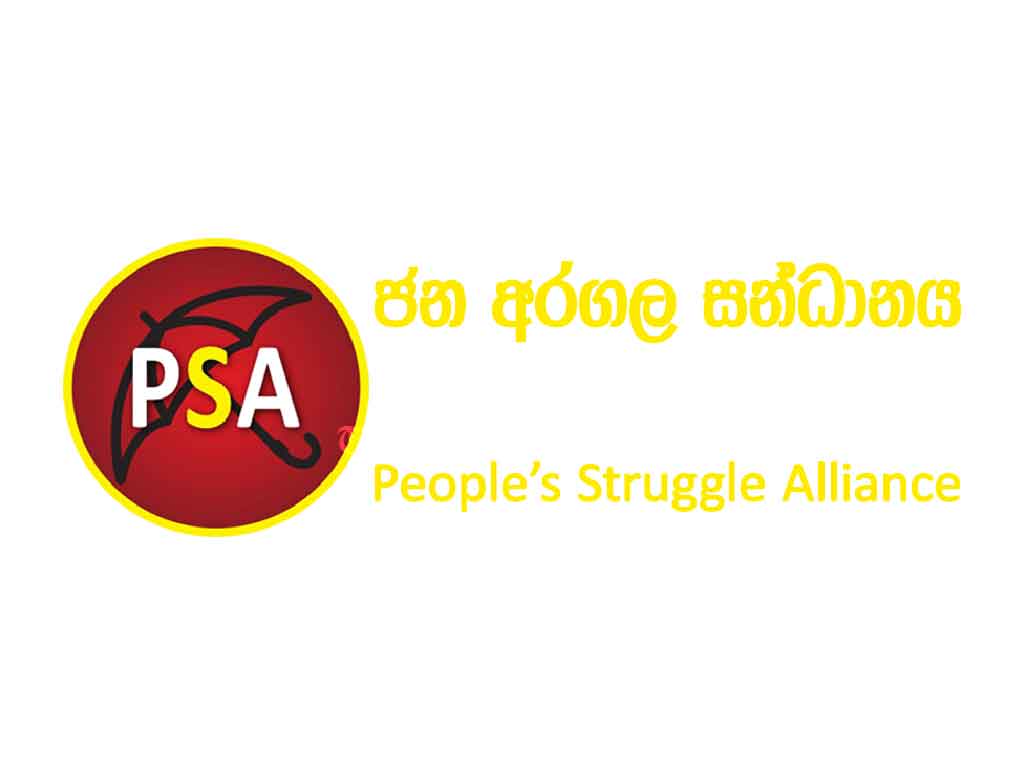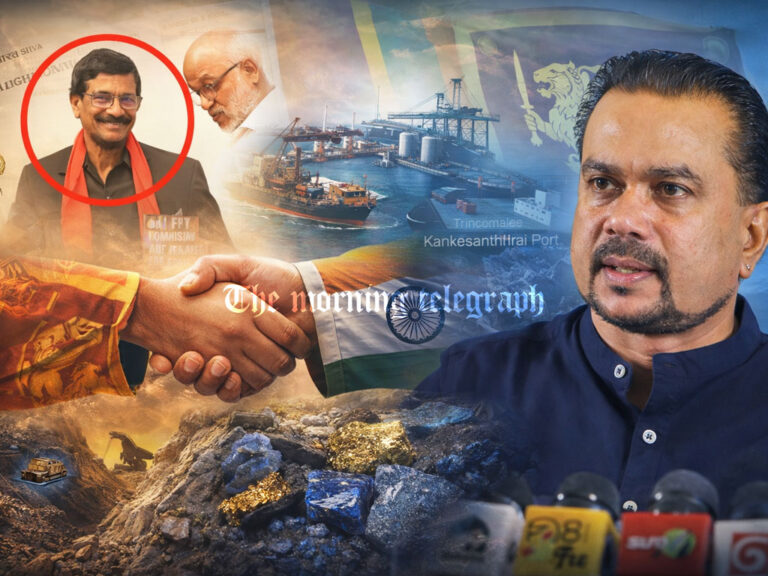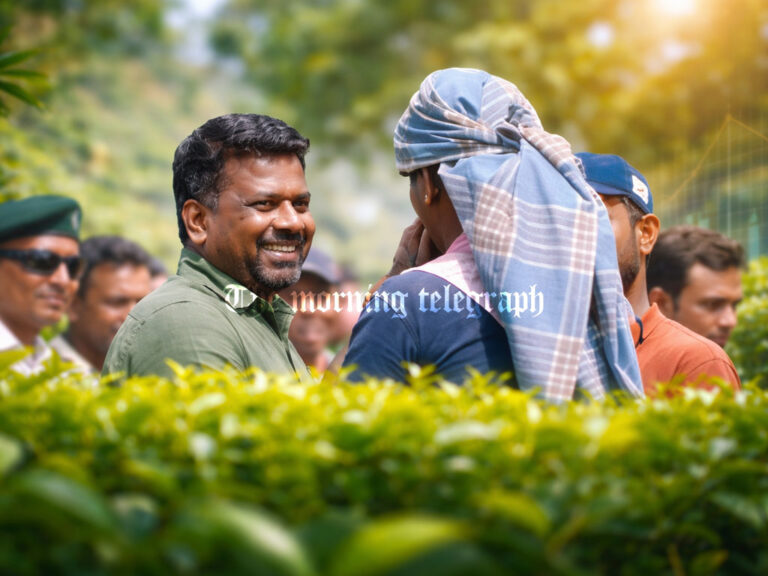
The National Executive Committee of the People’s Struggle Alliance has issued a strong statement condemning the government’s recent arrests under the Temporary Provisions for the Prevention of Terrorism Act, No. 48 of 1979 (PTA), a controversial law the current ruling coalition, including the Janatha Vimukthi Peramuna (JVP), had long opposed. The committee revealed that four individuals were arrested under the PTA and charged under both this law and the general Penal Code for allegedly circulating content related to the banned LTTE on social media.
According to the police press release No. 1783/2024 issued on November 30, 2024, the arrests were made in connection with photographs and videos of Velupillai Prabhakaran, the deceased leader of the LTTE, being shared through Facebook. The content was presented as part of this year’s Mahaviru Day celebrations, though the videos were originally recorded in previous years. The individuals have been charged under Section 120 of the Penal Code for inciting public disorder and under Section 27 of the PTA for promoting the activities of a banned organization. The Criminal Investigation Department (CID) and the Terrorism Investigation Division (TID) are conducting investigations into the matter.
Despite the police indicating that charges would be pursued under general laws, they emphasized that the arrests were made under the PTA, raising questions about the government’s motivations. In addition, the Dinamina newspaper reported on December 2, 2024, that the CID is investigating a news article published by a national newspaper, allegedly on the instructions of the Acting Inspector General of Police.
The People’s Struggle Alliance emphasized the historical context of the PTA, which was initially passed in 1979 as a temporary measure with a promise to repeal it within six months. However, the law has remained in force for over four decades and has been widely criticized for its misuse. The PTA has often been employed against Tamil and Muslim communities, as well as political dissidents and activists, particularly during periods of heightened state repression. The JVP itself, now a key player in the ruling National People’s Power coalition, was once a target of the PTA during the insurrections in the 1980s and 1990s.
The committee noted that the PTA lacks clear definitions for offenses and effectively grants the executive branch unchecked authority to detain individuals without judicial oversight. This has allowed successive governments to use the act as a tool for political suppression. Although the Penal Code and other substantive laws, such as the Dangerous Drugs Control Board Act, already cover many of the offenses listed under the PTA, the act continues to be used selectively to silence dissent and restrict civil liberties.
The statement also highlighted that this is not the first time the current government has used the PTA in recent months. Earlier, three individuals were detained under the act in connection with the Arugam Bay incident, sparking concerns about the government’s willingness to resort to a law it had previously promised to abolish.
The National Executive Committee underscored the hypocrisy of the ruling coalition, particularly the JVP, which had vehemently opposed the PTA from its inception. The JVP had also resisted attempts to replace the PTA with a new Anti-Terrorism Act, arguing that such legislation would continue to undermine civil liberties. The committee criticized the government for failing to honor its commitments to repeal the PTA and accused it of betraying its own principles by perpetuating the same repressive tactics it once opposed.
The statement further warned against the dangers of normalizing the PTA’s use, noting that it sets a dangerous precedent for future governments to continue employing the law as a means of political control. The committee emphasized that the demand for the PTA’s repeal is not merely a legal or procedural issue but a broader call to protect human rights and prevent the recurrence of state-sponsored violence against marginalized communities.
The People’s Struggle Alliance also condemned efforts to incite racism and division within society, stressing the need for unity in opposing both state repression and racial hatred. They called on the government to recognize the dual responsibility of addressing these issues and urged the public to remain vigilant against any attempts to erode civil liberties.
In their concluding remarks, the committee reminded the government of its own history of being subjected to repression and called for the immediate repeal of the PTA through parliamentary action. They also reiterated their opposition to any new anti-terrorism legislation that might replicate the PTA’s repressive features, urging the government to adopt a principled stance on the issue. The statement emphasized the importance of protecting individual freedoms and resisting any measures that seek to undermine democratic rights in the guise of national security.




